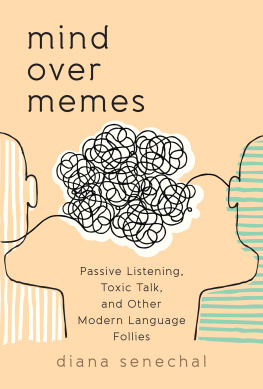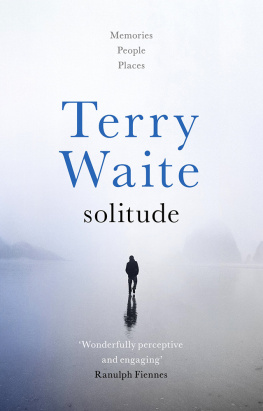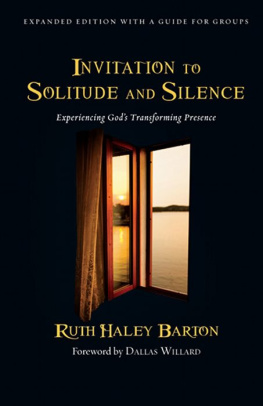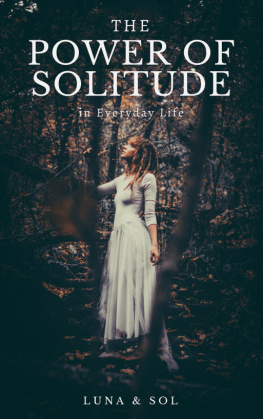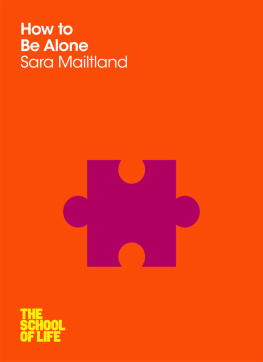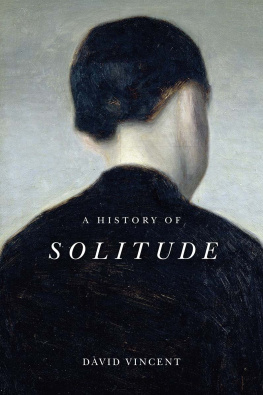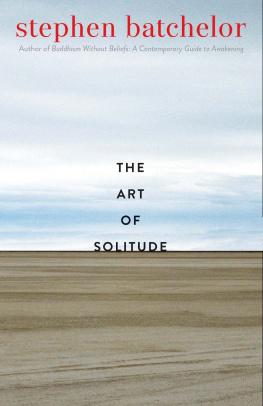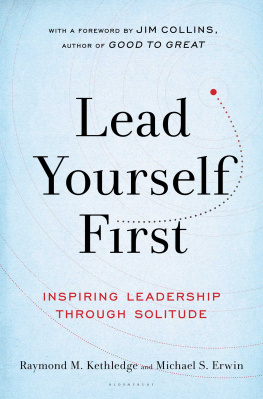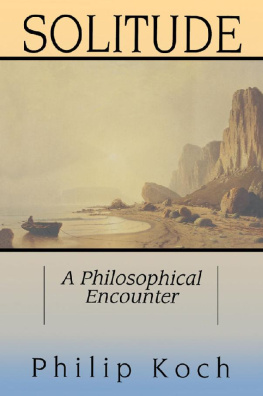
About the Author
D iana Senechal taught English as a Second Language and theater for four years in New York City public schools. In addition to her classroom teaching, she directed her students in productions of The Wizard of Oz, Oliver, Into the Woods, and A Midsummer Nights Dream. She holds a BA in Russian and a Ph.D. in Slavic languages and literatures from Yale University; she taught Russian as a graduate student at Yale and as a Mellon Fellow at Trinity College in Hartford, Connecticut.
Senechals translations of the Lithuanian poetry of Tomas Venclova have been published in two books: Winter Dialogue (Northwestern University Press, 1997) and The Junction (Bloodaxe Books, 2008). Her education writing has appeared in American Educator, Education Week, Educational Leadership, American Educational History Journal, and numerous blogs, including The Core Knowledge Blog, The Answer Sheet, Joanne Jacobs, and GothamSchools. She has contributed to several education projects, including the Common Core State Standards.
She is the 2011 winner of the Hiett Prize in the Humanities, awarded by the Dallas Institute of Humanities and Culture. In July 2011 she joined the faculty at the Dallas Institutes Sue Rose Summer Institute for Teachers. In addition to writing and teaching, she enjoys reading in various languages, playing cello, and taking long walks and road trips. She lives in Brooklyn, New York.

Acknowledgments
M y gratitude goes to all my former students and colleagues at the two New York City schools where I taught. I am likewise indebted to my students from previous years and summers: in Bishkek, Kyrgyzstan; at Trinity College in Hartford; at Yale University (when I was a graduate student there); and on the Crow Indian Reservation in Montana.
I would like to thank my wonderful teachers from high school, college, and graduate school, and the people who were and are my teachers without knowing it.
I would like to thank Lisa Hansel, editor of American Educator, for her encouragement and wise comments, and for publishing an early version of chapter 6. Thanks also to the blogs and journals that have published my work and allowed me to try out ideas, especially Education Week, American Educational History Journal, Educational Leadership, The Core Knowledge Blog, Joanne Jacobs, The Answer Sheet, Double X, and GothamSchools.
I am indebted to everyone who read chapters or parts of chapters and offered comments: Lara Allen, Claudia Allums, Mary Ann Bandiola, Victor Bers, Lenore Boling, Jed Buchwald, Peter Carpou, Louise Cowan, William Deresiewicz, Carvel Gold, Lauren Gold, Arthur Goldstein, E. D. Hirsch Jr., Carol Jago, Susan Jacoby, Rita Lipson, Hannah Marcus, Donal OShea, and Ginny Scholey. Their insights and careful reading have honored the book and helped me; each person deserves more acknowledgment than I can give here. All errors of fact and interpretation are, of course, my own.
I am indebted to Caroline Stark, who not only read and commented on my second chapter but offered her own translations of some of the quoted passages from Petrarchs De vita solitaria. These translations made the chapter sharper and are treasures in themselves.
Various people have helped me make contacts, locate sources, and obtain information. Special thanks to Shermaine Andrew, Deborah Gentile, Bina Mancini, Aaron Oberstein, Harvey Sherer, Patricia Tseng, Paul Woodruff, and the staff at the Yale University and Dartmouth College libraries.
This book owes much of its existence to Diane Ravitch, the first person to hear about the idea. In August 2008, when I told her that I was considering it, she encouraged me heartily and suggested the title Republic of Noise. From then on, I knew that I would write the book. She read chapters and offered comments along the way, and her books were great companions and resources.
It has been a joy to work with Kristina Mann, my editor at Rowman & Littlefield Education. She appreciated the book from its early versions onward and was helpful at every stage. Thanks also to Lynn Weber, the production editor, and Gail Fay, the copyeditor, for their expert handling of the book, and to Barbara Hendra, my publicist, for her sage advice and support.
Deep gratitude goes to my mother and Stan, and my father and Ann, for their encouragement and understanding, for giving me so many opportunities, and for doing such interesting things with their lives.
Finally, I am grateful to my sister, Jenna, who urged me to tell her stories night after night when we were little, and who wouldnt let me stop in the middle of a story I had begun.

Select Bibliography and Recommended Reading
Works on Solitude and Related Subjects
Deresiewicz, William. The End of Solitude. Chronicle of Higher Education, January 30, 2009.
. Solitude and Leadership. American Scholar 79, no. 2 (Spring 2010): 2031.
Emerson, Ralph Waldo. Society and Solitude. In The Essential Writings of Ralph Waldo Emerson, ed. Brooks Atkinson, 66369. New York: Modern Library, 2000. Originally published as Solitude and Society. The Atlantic Monthly 1, no. 2 (December 1857): 22529.
Galanaki, Evangelia. Solitude in the School: A Neglected Facet of Childrens Development and Education. Childhood Education 81, no. 3 (Spring 2005): 12832.
Koch, Philip. Solitude: A Philosophical Encounter. Chicago: Open Court, 1994.
Merton, Thomas. Thoughts in Solitude. New York: Farrar, Straus and Cudahy, 1958.
Petrarch. The Life of Solitude. Translated by Jacob Zeitlin. Urbana: University of Illinois Press, 1924.
Powys, John Cowper. A Philosophy of Solitude. New York: Simon & Schuster, 1933.
Rufus, Anneli. Party of One: The Loners Manifesto. Cambridge, MA: Da Capo Press, 2003.
Senechal, Diana. Solitude: A Flashlight under the Covers. Education Week, May 27, 2009.
Stanton, Elizabeth Cady. Solitude of Self. Address to the Congressional Judiciary Committee, January 18, 1892. Reprint, Ashfield, MA: Paris Press, 2001.
Storr, Anthony. Solitude: A Return to the Self. New York: Free Press, 1988.
Thoreau, Henry David. Walden, or, Life in the Woods. Boston: Ticknor and Fields, 1854. Reprint, Boston: Houghton Mifflin, 2004.
Turkle, Sherry. Alone Together: Why We Expect More from Technology and Less from Each Other. New York: Basic Books, 2011.
William of St. Thierry. The Golden Epistle: A Letter to the Brethren at Mont Dieu. Composed ca. 1145. Translated by Theodore Berkeley. Kalamazoo, MI: Cistercian Publications, 1971.
Williams, Tennessee. The Catastrophe of Success. Introduction to The Glass Menagerie. New York: New Directions, 1949. Originally published as On a Streetcar Named Success. New York Times, November 30, 1947.
Works on Education and Culture
Arendt, Hannah. The Human Condition. Chicago: University of Chicago Press, 1958.
Bauerlein, Mark. The Dumbest Generation: How the Digital Age Stupefies Young Americans and Jeopardizes Their Future. New York: Tarcher, 2008.
Chesterton, G. K. The Fallacy of Success. In All Things Considered, 2129. New York: John Lane, 1909.
Dewey, John. Democracy and Education. New York: Macmillan, 1916.
Next page

